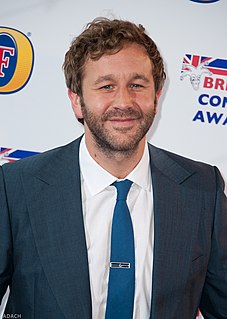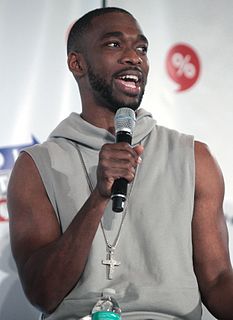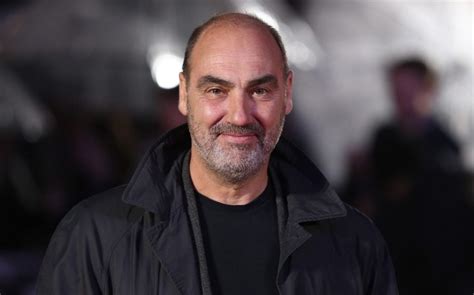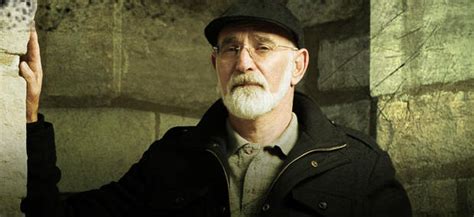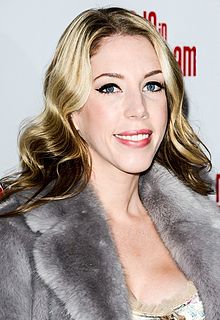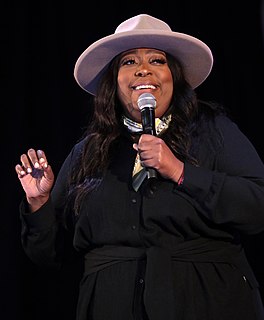A Quote by Chris O'Dowd
Comedy people are always present because they're always looking for the funniest version of whatever the line is. Sometimes theater people, where scripts are sacrosanct, aren't quite as present in scenes. That's a massive generalization, but in my experience, I find that comedy people are great to improvise with and to do scenes with because they're there.
Related Quotes
I have to say that my background in comedy, of performing live, has been such a great foundation for what we do now on camera. I really value having that kind of experience. Because when you're doing comedy shows you're writing your own material and trying it out on people and you know people find funny and don't.
Originally the structure was . . . a modern narrator who would appear intermittently and talk about his memories of his grandmother, which would then be juxtaposed against scenes from the past. But the stories from the past were always more interesting that the things in the present. I find this almost endemic to modern plays that veer between past and present. . . . So as we've gone on developing GOLDEN CHILD, the scenes from the past have become more dominant, and all that remains of the present are these two little bookends that frame the action.
There are certain scenes in the edit you're playing with it and certain scenes don't put back together the way you imagined. Sometimes they're better and sometimes they don't have that thing, so it's never foolproof. But you certainly get an idea that here we've got enough and we've got to move on because you're always against time and money there. Whatever the budget is, you have to get practical about it.
There are people on the ratings board and so froth who don't want certain scenes in the film. There are people who come up and say, "What graphic love scenes. I think, How can a love scene be graphic? Have you seen Total Recall? In this R-rated movie you see a man who you've seen being in love with and sleeping with this fabulous woman shoot her right through the head. "Consider this a divorce" is supposed to be the funniest line in the movie.
I'm connected with a lot of different paranormal groups out there worldwide, a lot of different spiritual people. My networking over the course of the past 40 years has really grown where I deal with quite a bit. There's a lot of work that I do behind-the-scenes that I just don't ever talk about or things that don't always come to the forefront as far as investigating and getting involved with spiritual people, meaning any type of clergy, because I do work with a lot of them behind-the-scenes.
